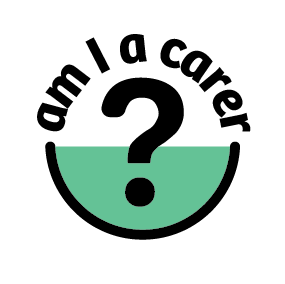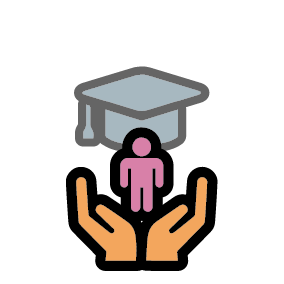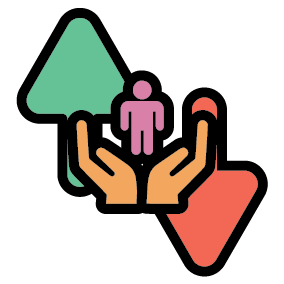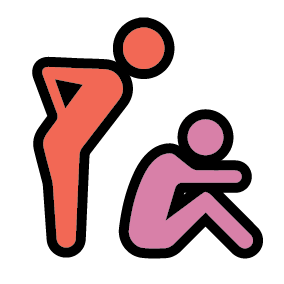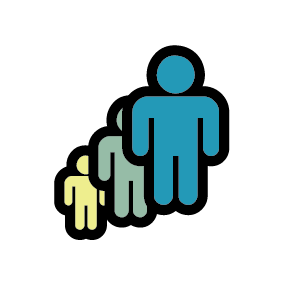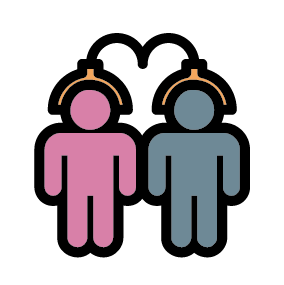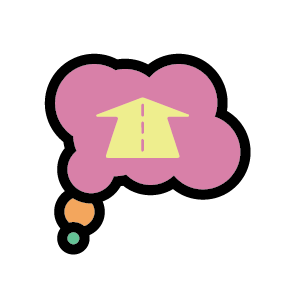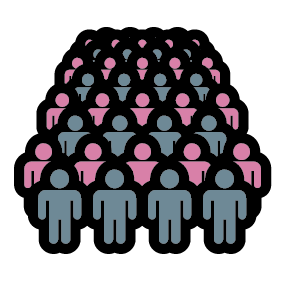The ups and downs
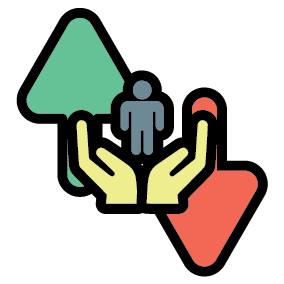
Being a young carer can be a rewarding experience: you can feel proud and develop many valuable life skills. Yet, it can also be exhausting: you may find it difficult to cope and hard to juggle your daily activities with your caring responsibilities.
The key is in asking for help in order to reduce the negative effects, while preserving the positive ones.

- Making life a little easier for someone you love feels good! You feel proud!
- You get to develop a really special relationship with the person you help out
- You become an independent adult, by growing up quickly
- You become more mature than your peers who don’t have caring responsibilities
- You gain the ability to sense other people’s feelings and needs (empathy)
- You become more tolerant towards disability and illness and differences in general
- You develop the ability to adapt to situations
- You become a natural problem solver

- It is hard and sometimes not nice to be at home.
- The feeling of constant responsibility creates chronic stress.
- You can feel let down by your family, health and social care professionals, and society in general.
- You notice changes in your emotional wellbeing, such as feelings of anger, resentment or guilt.
- You can feel isolated (because of not having enough time for friends, sports and social activities), and may even experience bullying or feel like you’re being judged/not understood.
- You can hurt yourself, for instance you can have back pain due to helping to lift the person being cared for
- With all those responsibilities, school has moved to the very bottom of your priorities. You’re missing classes, struggling to find time to study, or you feel so tired you can’t concentrate in class.
- You can find it hard to dream about the future when dealing with the challenging daily reality.
Many thanks to:
Annet, young carer from The Netherlands
for her contribution to this page.

